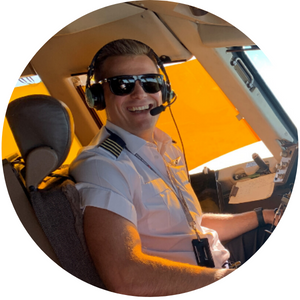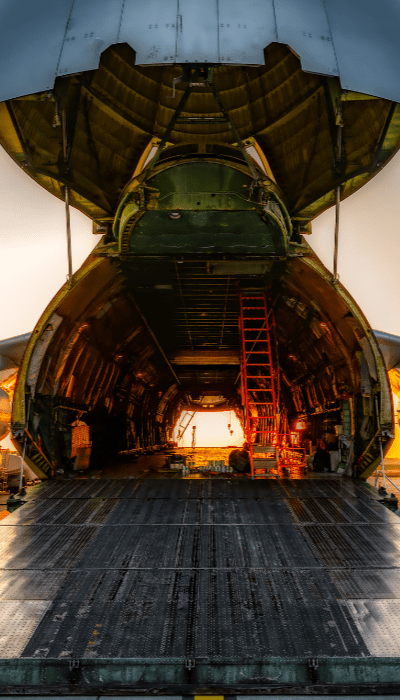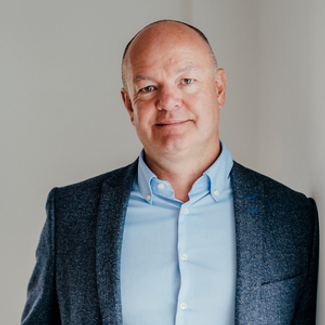The air freight market has gone into overdrive as a result of the coronavirus pandemic. With the demand to transport goods nationally and internationally, but with a decrease in passenger aircraft to transport via the bellyhold, freight carriers have had to pick up the excess.

We wanted to continue our series of interviews with those who safely fly freight across the skies and this time we had the pleasure of interviewing Cameron Greaves.
When did you first fall in love with flying?
It is the standard aviation story. I loved it when my father stopped under the approach at Melbourne airport to watch the planes arrive. I was taken to every air show that was held locally and enjoyed seeing the jets and Boeing 747s flying.
How did your flying career begin?
I started training in 2007 in Moorabbin in Melbourne, Australia as part of a university course. I successfully gained a Bachelor's qualification in Technology Aviation in 2009. I then went on to gain my Commercial Pilot Licence, but unfortunately, the global financial crisis hit. and it was incredibly difficult to find a job.
What did you do?
I decided to move north from Melbourne to Queensland to try and find aviation work. I still struggled and decided to do my Flight Instructor rating instead. However, before I could put these new skills to use, I was finally offered a job flying an Aero Commander to conduct prawn spotting. This job evolved into freight flying all over North Queensland as a casual pilot.
What did you do next?
Whilst I was doing the prawn spotting and freight flying, I was also a loader for another aviation company. This eventually turned into a position flying the mail run over Cape York in a Cessna Caravan. If the Caravan broke down, then the Aero Commander was used.
You finally moved back to Melbourne, how did you find a role in your hometown?
After four years in far North Queensland and with no jobs available in the passenger world, I was finally offered a position on a B737 Classic in Melbourne. I jumped at the chance.
I only spent nine months on the 737 before taking a 767 First Officer position at the same company. This was a fantastic opportunity and at 28, I was eventually checked to the line as Captain on the 767.
Has the COVID-19 pandemic had any impact on your career?
With 1,000 hours in command on the 767, I started a role with Qantas on the 787 as a Second Officer, only to be stood down because of the pandemic. Luckily, freight was busier than ever, and I am now back on the 767, whilst I wait to be recalled to the passenger world.
What was the motivation for originally getting into freight flying?
For a newly qualified pilot in a global financial crisis, there were not many opportunities available. I joined a company where I knew some people and I loved the tight-knit group that I became a part of. Although some people said I was mad to go into freight, I was more than happy to fly boxes across the skies.
You’ve experienced flying passengers, as well as trained to be a Flight Instructor, what are the differences in freight flying?
With freight, you simply close the doors and go! There are minimal delays due to low traffic levels at the normal times we operate and no delays having to wait on passengers who suddenly decide they don’t want to fly or get lost in the terminal. You can just enjoy flying and I fly manually as much as possible. You and the rest of the crew can sit back, relax and enjoy the flying experience in each other’s company.
It sounds like you love freight flying, are there any downsides?
Pay isn’t always as competitive as passenger flying but the advantages outweigh the downsides of it. If you genuinely love to fly, this is the job for you.
A huge thank you to Cameron Greaves for taking the time to speak to GOOSE about his career as a pilot.
GOOSE loves to talk to Aviation Professionals from across the world
Follow GOOSE Recruitment on LinkedIn, Facebook and Twitter for the very latest aviation news, updates, exclusive insights and regular hot jobs.






